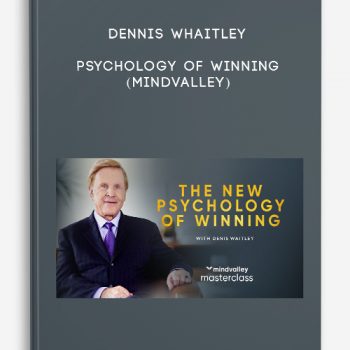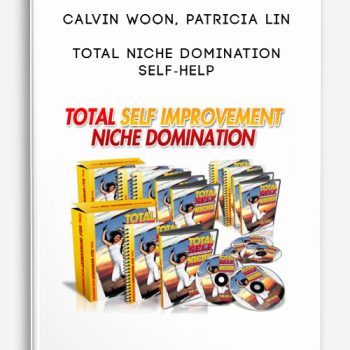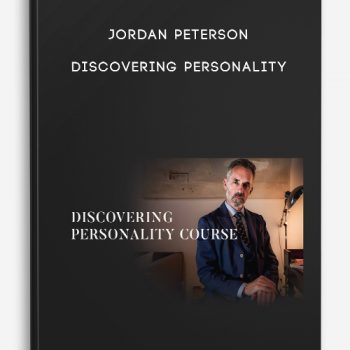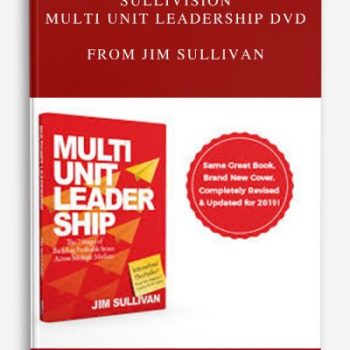
Gary Coxe – Don’t Let Others Rent Space In Your Head
Description
In this argumentative, sometimes counterintuitive self-help book, first-time author Coxe declares that “positive thinking is a lie and it doesn’t work!” It doesn’t create lasting results; it is very difficult if you’re emotionally spent; and when it fails, you just feel worse. Instead of avoiding negative thoughts and emotions, he says, you should acknowledge and manipulate them to attain success. The key to using negative feelings constructively is learning “to play games with our minds instead of our minds playing games with us.” Coxe, who rails against other “pop-psychologists” and attributes his own expertise to life experience, offers a few basic tools, such as scenario planning, emotion control techniques and the book’s centerpiece, “The 4-Step Process,” a series of reframing exercises that identify readers’ “empowering beliefs and thoughts” and their “limiting” ones. (Explaining why his 4-Step Process includes a step on positive thinking, Coxe does some reframing of his own, arguing that “it’s not so much positive thinking itself that’s the hoax, it’s the way it is presented.”) Coxe declares that his process can cure people of longtime phobias “in less than an hour.” Readers intrigued by his multiple appearances on television’s Maury Povich Show may want to pick up this book. (Dec.)
Copyright © Reed Business Information, a division of Reed Elsevier Inc. All rights reserved.
Self Help – Self Help online course
More information about Self Help:
Self-help or self-improvement is a self-guided improvement—economically, intellectually, or emotionally—often with a substantial psychological basis.
Many different self-help group programs exist, each with its own focus, techniques, associated beliefs, proponents and in some cases, leaders.
Concepts and terms originating in self-help culture and Twelve-Step culture, such as recovery, dysfunctional families, and codependency have become firmly integrated in mainstream language.
Self-help often utilizes publicly available information or support groups, on the Internet as well as in person, where people in similar situations join together.
From early examples in self-driven legal practice and home-spun advice, the connotations of the word have spread and often apply particularly to education, business,
psychology and psychotherapy, commonly distributed through the popular genre of self-help books.
According to the APA Dictionary of Psychology, potential benefits of self-help groups that professionals may not be able to provide include friendship,
emotional support, experiential knowledge, identity, meaningful roles, and a sense of belonging.












Lord –
This is Digital Download service, the course is available at Coursecui.com and Email download delivery.